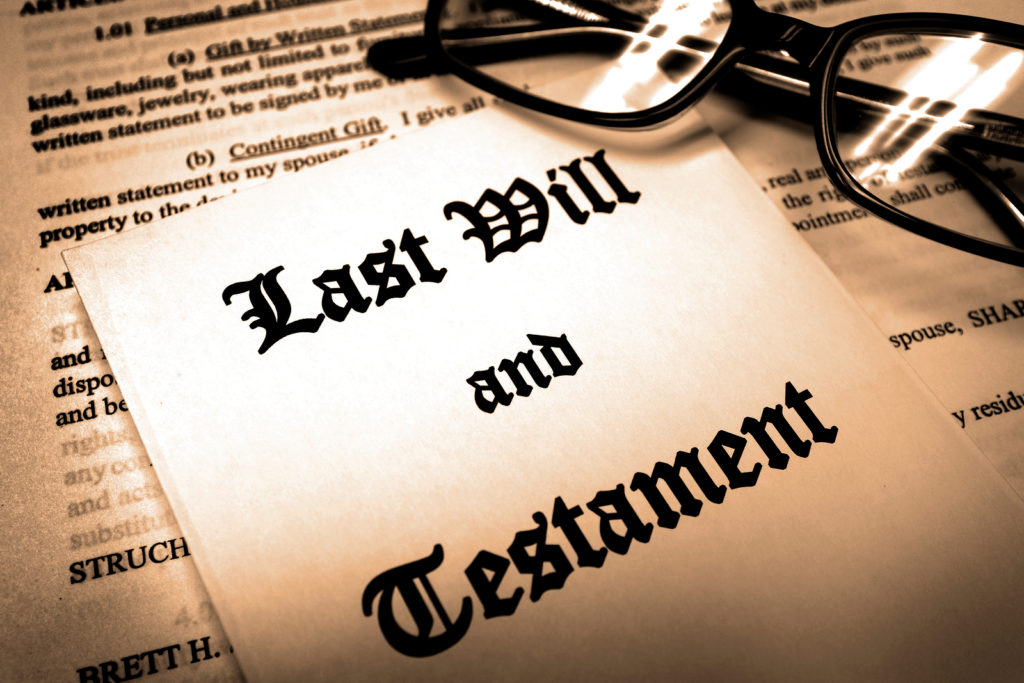An area that is typically challenging in the Wills & Estates space is where a person residing overseas or interstate dies leaving assets in Victoria.
A grant that is issued by a court outside the Victorian jurisdiction is insufficient authority for executors to deal with assets in Victoria. Depending on the country of residence, a fresh grant of Probate of the Will may be required or a reseal of a foreign grant. Not all foreign grants can be resealed by the Supreme Court of Victoria. The only foreign grants that can be resealed in Victoria are those issued by courts of competent jurisdiction in certain countries and provinces including:
- The United Kingdom (including the Channel Islands and Northern Ireland)
- New Zealand
- Hong Kong
- Singapore
- Malaysia
- Fiji
- Alberta
- British Columbia
- Gibraltar
- Guyana
- Kenya
- Manitoba
- Nova Scotia
- Ontario
- Papua New Guinea
- Saskatchewan.
Case Study
Some of these matters can be complex. In one such matter, the deceased resided in Italy. He passed away leaving a Holographic Will (an oral Will recorded by a notary). The deceased was survived by his wife and two children of the marriage. He also had three children from a previous marriage. He died leaving an asset in Victoria.
Complexities arose due to a number of factors:
- Although the asset was in Victoria, the Italian law applied to the distribution because it was personal property and not real property, that is cash and not land.
- Although there was a Will, there was no appointment of executors. As such, it was necessary to prepare an application for letters of administration with a certified copy of the Holographic Will annexed.
- In Italy, a testator does not have complete testamentary freedom. In Australia, we can gift 100% of our assets as we please by Will. However, Italy has forced heirship laws which dictate that a certain proportion of the deceased’s estate must be distributed to certain family members. If an Italian citizen is survived by a spouse and two or more children, he or she can only dispose of 1/4 of his/her assets by Will. The Italian code reserves 1/4 to the spouse and 2/4 distributed equally to all of the deceased’s children.
- It was a requirement to liaise with a solicitor practising in Italy who could swear an affidavit confirming that the Will was executed in accordance with Italian law, and in doing so, explain how the inheritance laws operated in Italy. It was vitally important to understand the application of these laws to ensure correct distribution of the Victorian assets to the beneficiaries.
- As a result of the Italian law being applied, not Victorian law, 1/4 of the asset in Victoria was reserved for the deceased’s wife and two children of the marriage equally, in accordance with his Will. The remaining 3/4 were divided as follows; 1/4 to his wife and 2/4 to his five children equally. It should be noted that if the estate comprised of real property, Victorian law would have applied and if the Holographic Will was deemed valid by the Supreme Court of Victoria, then the property would have been distributed according to the terms of the Will, in which case the three children of the first marriage would have missed out as there was no provision made for them in the Will.
We can help
There are many complexities in the law of Probate and estate administration and if not administered correctly, can result in very different results to those that were expected.
This article originally appeared in the Spring 2016 edition of InSuccession. Other articles in this newsletter included:
- Charitable giving – are you getting the most from your donation?
- Additional stamp duty implication for discretionary trusts
- Everything old is new again – protecting your Will or Estate rights
| Disclaimer: This publication contains comments of a general nature only and is provided as an information service. It is not intended to be relied upon as, nor is it a substitute for specific professional advice. No responsibility can be accepted by Rigby Cooke Lawyers or the authors for loss occasioned to any person doing anything as a result of any material in this publication.
Liability limited by a scheme approved under Professional Standards Legislation. ©2016 Rigby Cooke Lawyers |
